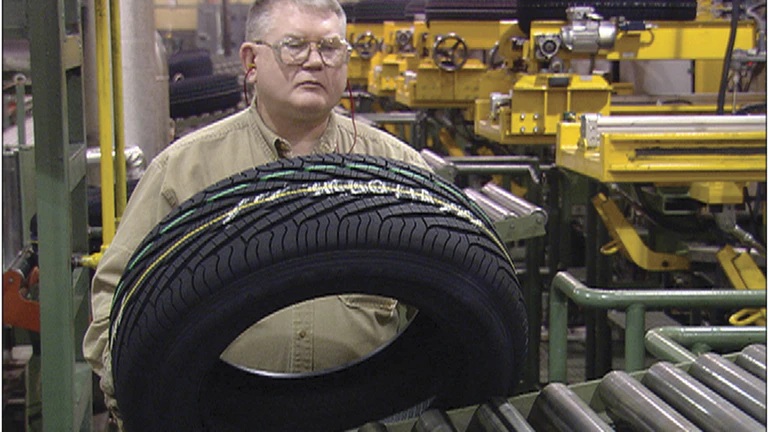For the tire sales and service industry, it’s business as “unusual.”
At some point in the (hopefully) near future, we will refer to life as after COVID-19. Everything is going to change when some of us emerge from our self-imposed isolation at home and others will just continue going to work each day to provide the essential services that we’ve needed to survive.
As I write this entering my fourth week of shelter in place, I’m eternally grateful for the first responders and men/women working in our healthcare system as well as everyone else who keeps our civilization moving. While I hardly consider myself essential, I do support the tire service people who are essential, so my day job hasn’t changed much from that perspective.
For the tire sales and service industry, it’s business as unusual. No has ever seen an economic shutdown like this so no one was really prepared for almost everything to just stop. Some companies have been able to adapt better than others, but most are keeping the doors open and taking whatever business they can get.
On the retail side, the people who work in essential services still need vehicle service and maintenance so they are riding it out if they can. Most commercial dealers and retreaders have enough essential service business to carry them through times like this so they can weather the storm like they have in the past. Eventually, COVID-19 will mercifully cease to exist and life will return to what will be an unpredictable new normal.
Tire manufacturers have reacted by shutting down plants, which means every new tire production forecast for 2020 is now obsolete or at best, uncertain. Millions of vehicles are not being driven, which means even more millions of tires are not wearing out. I see it in the traffic reports every morning. Normally brutal traffic in the Baltimore and Washington DC areas has been a breeze during rush hour. That never happens during the week. A lot of tires are not going to be replaced this year and based on the current level of demand with virtually no original equipment sales, the tire companies must be confident they have enough inventory to resume normal production after COVID-19 without any major interruptions in supply.
There are a lot of trucks sitting idle right now while others are running at normal or above normal levels. In both cases, fleets cannot ignore the basic facts. First, they need tires. Second, tires have value and third, they require regular maintenance.
With plants being shuttered, the current supply of truck tires is going to dwindle down over time. Right now, the primary need for tires is confined to the segments of the trucking industry that never stop. Popular sizes and tread designs should be easy to replenish when the economy starts back up, but some of the less common sizes and tires might be harder to come by in coming months. Fleets with limited options may have tire sourcing issues down the road if the pandemic keeps tire plants idle for an extended time. It’s worth a conversation with your supplier in either case.
Tires should be treated like assets because they have value. If maintenance personnel are looking for things to do when most of the trucks are sitting, it’s a great opportunity to get a closer look at the tires on each individual truck, tractor or trailer. There may be situations where tires can be moved around to get the most out of the casings. Fleets that are operating at or above normal levels need to really focus on asset management to avoid any inventory disruptions and keep cost per mile as low as possible.
If you’ve read this column for any length of time, then you know I’m not going to pass up a chance to mention inflation pressure. Nothing changes for the equipment on the road other than rising ambient temperatures, which means gator season is around the corner. The margin for error on underinflation is only going to get smaller over the summer. Again, this is the perfect time for maintenance personnel to make sure every tire has the proper inflation pressure, preferably first thing in the morning when temperatures are the coolest and pressures are the lowest. If tire maintenance is outsourced, then the cost of having a vendor verify the correct pressure in every tire will still be less than the cost of an emergency road service call because the driver used the boot-o-meter during the first pre-trip inspection after the vehicle has been sitting for weeks.
The world is getting an important lesson on what is essential and what is non-essential. Hopefully, more people will appreciate the importance of the trucking industry and the critical role it plays in the supply chain. Likewise, I am optimistic that the efforts of the tire technicians and retread plant personnel will be recognized as they continue to keep society moving despite the conditions or the increased risk to their own health and safety. At some point, I’m confident we’ll look back on COVID-19 and marvel at how well we adapted and prepared for whatever comes next.
Source: https://www.fleetowner.com/
CUT COTS OF THE FLEET WITH OUR AUDIT PROGRAM
The audit is a key tool to know the overall status and provide the analysis, the assessment, the advice, the suggestions and the actions to take in order to cut costs and increase the efficiency and efficacy of the fleet. We propose the following fleet management audit.




